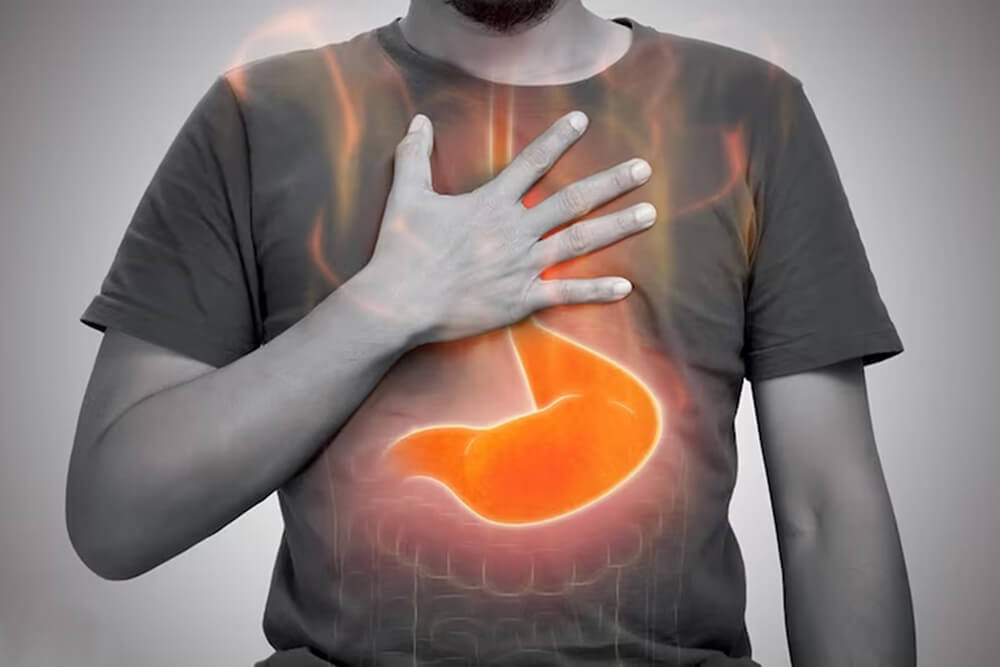Understanding Diverticulitis
The role of stomach acid in GERD is more nuanced than just “too much acid.†While acid reflux causes symptoms, the underlying issue is often a weakened LES, slow digestion, or even low stomach acid.
.jpg)
The role of stomach acid in GERD is more nuanced than just “too much acid.†While acid reflux causes symptoms, the underlying issue is often a weakened LES, slow digestion, or even low stomach acid.

Diverticulitis is the inflammation of small, irregular, bulging pouches, known as diverticula, that develop in the wall of the large intestine (colon). Normally, the colon's surface is smooth, but over time, weak spots in the colon wall can give way under pressure.

Managing GERD at night requires a proactive approach that incorporates dietary changes, lifestyle adjustments, and thoughtful bedtime routines. By avoiding trigger foods, elevating your upper body, practicing relaxation techniques.

Post-surgery constipation is a common but manageable condition. By understanding its causes and implementing these strategies, you can promote bowel recovery, improve digestive care, and reduce discomfort during your healing journey.

The gallbladder is a small but essential organ that plays a significant role in your digestive health. Despite its size, this pear-shaped organ located beneath the liver has a big job: storing and releasing bile, a fluid critical for breaking down fats.

Hyperthyroidism occurs when the thyroid gland, a small butterfly-shaped organ located in the neck, produces an excess of thyroid hormones.

The gallbladder may be small, but its impact on digestion is immense. From breaking down dietary fats to aiding in the absorption of essential nutrients, its proper functioning is vital for overall digestive health.

Managing and preventing anal fissures requires a multi-faceted approach involving diet, hydration, and lifestyle changes. By adopting medical weight management, individuals can significantly reduce their risk of anal fissures while improving overall health.

Screening is a cornerstone of preventive care, offering numerous benefits for individuals and communities. By detecting diseases early, screenings enhance treatment success, reduce financial burdens, and improve quality of life.

The connection between your digestive system and your brain is undeniable. By supporting gut health, you can address underlying causes of brain fog and promote better cognitive health.
The GastroDoxs digestive health blog is designed to provide expert-backed insights on gastrointestinal wellness, gut-friendly diets, common digestive disorders, and evidence-based treatment options. Our goal is to help individuals struggling with acid reflux, bloating, IBS, constipation, and other gut health issues by offering research-backed advice and actionable health tips.
No, our blog is written in easy-to-understand language, making complex medical topics accessible for everyone.
We ensure all our content is based on the latest research and regularly update posts to reflect new findings in digestive health.
Yes! If you have a specific topic you’d like us to cover, feel free to reach out through our Contact Page.
No, while our blog provides valuable health information, it should not replace professional medical advice. Always consult a healthcare provider for personalized recommendations.